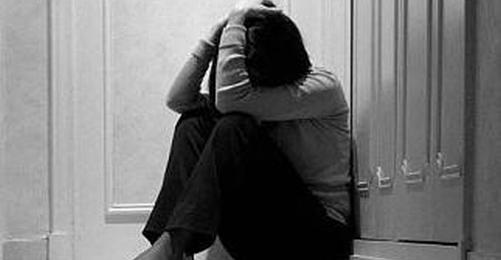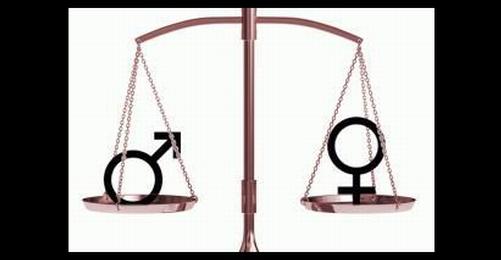The report on Education regarding Co-operation between Institutions has been published as part of the Hürriyet ('Freedom') Campaign against Domestic Violence.
The report was prepared by the coordinator of the campaign, Neşe Hacısalihoğlu, and is based on data collected in 33 provinces and five counties between 9 September and 29 October 2009.
The Hürriyet Campaign against Domestic Violence was part of the 'Freedom is our Right' Train Project which travelled all over the country. Representatives of the governorship, municipalities, Social Services and Child Protection Institution (SHÇEK), the police, the gendarmerie, the National Education Department, the Health Department, universities, the Registration Office, the Social Welfare and Solidarity Foundation, bar associations and non-governmental organizations took part in the training program carried out in cooperation of several institutions.
The report reveals concrete data on difficulty experienced with police forces, the SHÇEK, at family courts, with bar associations, at health institutions, at schools and public education, with the social welfare and solidarity foundation, with the Registration Office, with municipalities and non-governmental organizations.
The report analyses problems experienced by the employees of these institutions and suggests feasible solutions.
Lack of shelters, location of existing shelters publicly known
The report points out the following obstacles that make it difficult to provide security to victims of domestic violence:
- Provincial human rights boards and violence commissions, installed in some provinces according to the Prime Ministry's circular issued in 2006, are not working.
- Local governments are not aware of the severity of domestic violence. Solutions have to be found within the traditional family system.
- 37 provinces have a total of 41 shelter homes, 23 of them belong to SHÇEK, municipalities and NGOs. Of eight shelters that were under construction last year, only two are ready to give service.
- Only a very few municipalities are able to fulfil their responsibilities regarding the shelter homes. In several cases, the place of the shelter is publicly known. In Muş (south-eastern Turkey), a sign is marking the location of the shelter.
- There is no place to take shelter for women who were not exposed to violence but live on the street for various reasons or women suffering from mental illness.
Women are difficult to protect but easy to find
- Police forces accept domestic violence as a family matter and send the victims back home.
- The victims are not being informed about their rights at the police stations. The location of the shelter the victim was brought to is told to family members.
- Procedures are more difficult if the women have not been issued an identity card or if the children are not officially registered.
- There are no places for victims who are sent to shelters at night or during the weekends. Places for temporary accommodation for the victims are needed.
- The whereabouts of the victims can be found out easily due to the procedures applied by the Public Education, the Registry Office and the Health Department.
Law on Family Protection is not a solution on its own
- According to law no. 4320 on Family Protection, victims with economic problems are not given any information because their spouses would return home even in spite of a restraining order and because they would additionally lose their jobs.
- The law does not offer sufficient provisions to monitor the perpetrator after a restraining order has been issued. This violation sometimes results in the death of the victim.
- Family court judges ask for unnecessary witnesses and evidence. They warn the one who exercised violence and send everybody home, based on law 4320. They do not issue a restraining order or direct the perpetrator towards psychological support and treatment.
- A monetary fine is imposed to the perpetrator if he violates the restraining order. This might be the reason for an increase of violence. Prison sentences are suspended due to other legal regulations. This situation can create a serious risk for the victim.
- A person who received a restraining order under law no. 4320 can obtain a decision regarding the right to see his children from another court. Thus, it can be found out in which shelter the victim is accommodated.
- Many women experience increased violence after a divorce. Yet, law no. 4320 cannot be applied to victims of domestic violence after being divorced. (BB/VK)
















